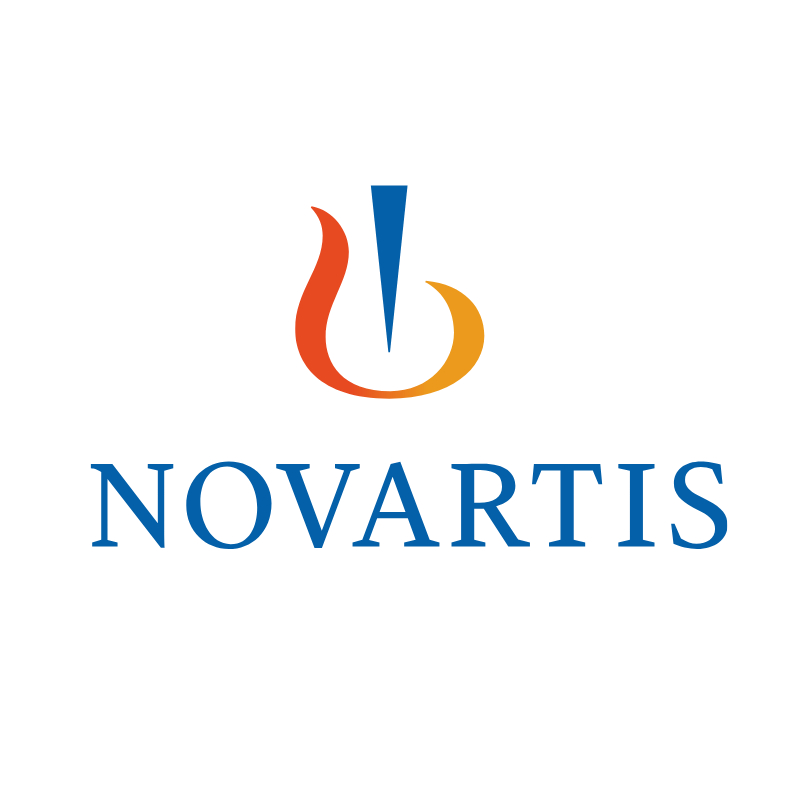Table of Contents
The FDA capped September with a slate of approvals that reflect scientific progress in oncology and rare disorders, as well as autoimmune diseases. We’ve seen strategic bets from mid-cap innovators and Big Pharma incumbents pay off.
Stealth Wins First Approval in Barth Syndrome
In the rare-disease space, Stealth BioTherapeutics secured accelerated approval, on September 19, for Forzinity (elamipretide) to improve muscle strength in Barth syndrome, an ultra-rare mitochondrial disorder [1][2].
The drug’s mechanism - stabilizing cardiolipin in the mitochondrial membrane to boost ATP production - marks a novel approach to cellular energy metabolism.
The approval rests on surrogate endpoints and requires confirmatory trials, but for patients and families long without options, Forzinity represents a breakthrough.
Merck Streamlines Keytruda with a Subcutaneous Option
Also on September 19, Merck notched an FDA clearance for Keytruda Qlex, a subcutaneous version of its $25 billion-a-year blockbuster [3][4].
The faster, clinic-friendly injection extends the reach of Merck’s oncology powerhouse and reinforces its dominance in immuno-oncology as competition for checkpoint inhibitors intensifies.
The injection delivers IV-equivalent exposure in one to two minutes, a shift that frees infusion chairs and trims site-of-care costs. Reformulating blockbusters to stretch lifecycles and defend share has become a linchpin of industry strategy.
Crinetics Breaks Through in Acromegaly
On September 25, Crinetics Pharmaceuticals gained long-sought approval for Palsonify (paltusotine), the first oral, once-daily somatostatin-receptor agonist for acromegaly [5].
For years, patients have relied on long-acting injections of octreotide or lanreotide, often given in specialist clinics. Crinetics now offers an oral alternative with the potential to unlock adherence gains and broaden market access.
Lilly Deepens Breast-Cancer Franchise
Eli Lilly notched another victory on the same day, September 25, with FDA approval of Inluriyo (imlunestrant), an oral estrogen-receptor blocker designed to counter ESR1 mutations in ER-positive, HER2-negative metastatic breast cancer [6][7][8].
A companion greenlight for Guardant360 CDx, a liquid biopsy, underscores diagnostics’ expanding power in precision medicine - not in finding cancer sooner, but in revealing the mutations that fuel resistance and enabling clinicians to adjust course in real time.
Novartis Secures Oral Edge in Chronic Urticaria
To end the month on a high, on September 30, Novartis won FDA approval for Rhapsido (remibrutinib), the first oral BTK inhibitor cleared for adults with chronic spontaneous urticaria (CSU) who remain symptomatic despite antihistamines [9][10].
Rhapsido arrives in a market dominated by injectable biologics such as Xolair, which Novartis co-markets with Roche.
The Strategic Brief
Rhapsido is the one to watch, as an oral BTK inhibitor that could siphon share from injectable biologics and reshape the chronic-urticaria market.
Palsonify turns Crinetics from a development story into a commercial one.
Inluriyo, Keytruda Qlex, and Forzinity are smart, tactical moves but unlikely to move the needle beyond their immediate franchises.

Forzinity®
(elamipretide)
Delivery: Intravenous
Therapeutic Type: Mitochondria-targeted tetrapeptide (cardiolipin stabilizer)
Medical Condition(s): Ultra-rare mitochondrial disorder causing muscle weakness and cardiomyopathy
Indication: Barth syndrome
Patients (U.S.): < 150
Patients (Worldwide): ~300–400 [11]

Keytruda Qlex®
(pembrolizumab + hyaluronidase)
Delivery: Subcutaneous
Therapeutic Type: Monoclonal antibody PD-1 checkpoint inhibitor
Medical Condition(s): Various cancers including melanoma, NSCLC, RCC, head-and-neck, and others
Indication: Multiple solid tumors (same labeled indications as IV Keytruda)
Patients (U.S.): > 600 000 treated or eligible annually [12]
Patients (Worldwide): > 2 million [13]

Palsonify®
(paltusotine)
Delivery: Oral
Therapeutic Type: Small-molecule somatostatin receptor agonist (SST2-selective)
Indication: Acromegaly
Medical Condition(s): Growth hormone–secreting pituitary adenoma causing acromegaly
Patients (U.S.): ~20 000
Patients (Worldwide): ~130 000 [14]

Inluriyo®
(imlunestrant)
Delivery: Oral
Medical Condition(s): Metastatic hormone-receptor–positive breast cancer
Therapeutic Type: Selective estrogen receptor degrader (SERD)
Indication: ER-positive, HER2-negative metastatic breast cancer with ESR1 mutations
Patients (U.S.): ~45 000 eligible annually
Patients (Worldwide): ~250 000 [15]

Rhapsido®
(remibrutinib)
Delivery: Oral
Therapeutic Type: Small-molecule Bruton’s tyrosine kinase (BTK) inhibitor
Indication: Chronic spontaneous urticaria (CSU) in adults refractory to antihistamines
Medical Condition(s): Chronic spontaneous urticaria (hives, severe itching)
Patients (U.S.): ~1 million
Patients (Worldwide): ~10 million [16]
References
[1] FDA press release: FDA grants accelerated approval to first treatment for Barth syndrome — fda.gov
[2] Stealth BioTherapeutics press release: FDA Accelerated Approval of Forzinity (elamipretide HCl) — prnewswire.com
[3] FDA approval page: Pembrolizumab and berahyaluronidase alfa (Qlex) — fda.gov
[4] Merck press release: FDA Approves Keytruda Qlex for Subcutaneous Use — merck.com
[5] Crinetics Pharmaceuticals press release: FDA Approves Palsonify (paltusotine) for Acromegaly — crinetics.com
[6] FDA press release: FDA approves imlunestrant for ER-positive, HER2-negative, ESR1-mutated metastatic breast cancer — fda.gov
[7] Lilly press release: U.S. FDA Approves Inluriyo (imlunestrant) — investor.lilly.com
[8] OncLive coverage: FDA Approves Imlunestrant for ER/HER2-negative ESR1-mutated Metastatic Breast Cancer — onclive.com
[9] Novartis press release: FDA Approves Rhapsido (remibrutinib) for Chronic Spontaneous Urticaria — novartis.com
[10] AJMC report: FDA Approves Remibrutinib for Adults With Chronic Spontaneous Urticaria — ajmc.com
[11] Barth Syndrome Foundation: Mission / About BSF — barthsyndrome.org
[12] American Cancer Society: 2025 Cancer Facts & Figures (PDF) — cancer.org
[13] World Health Organization: Global cancer burden growing; need for services — who.int
[14] Orphanet: Acromegaly (disease detail 963) — orpha.net
[15] IARC GLOBOCAN: Breast Cancer Fact Sheet (PDF) — gco.iarc.who.int
[16] Kolkhir P et al.: Chronic Spontaneous Urticaria: A Review — pubmed.ncbi.nlm.nih.gov







